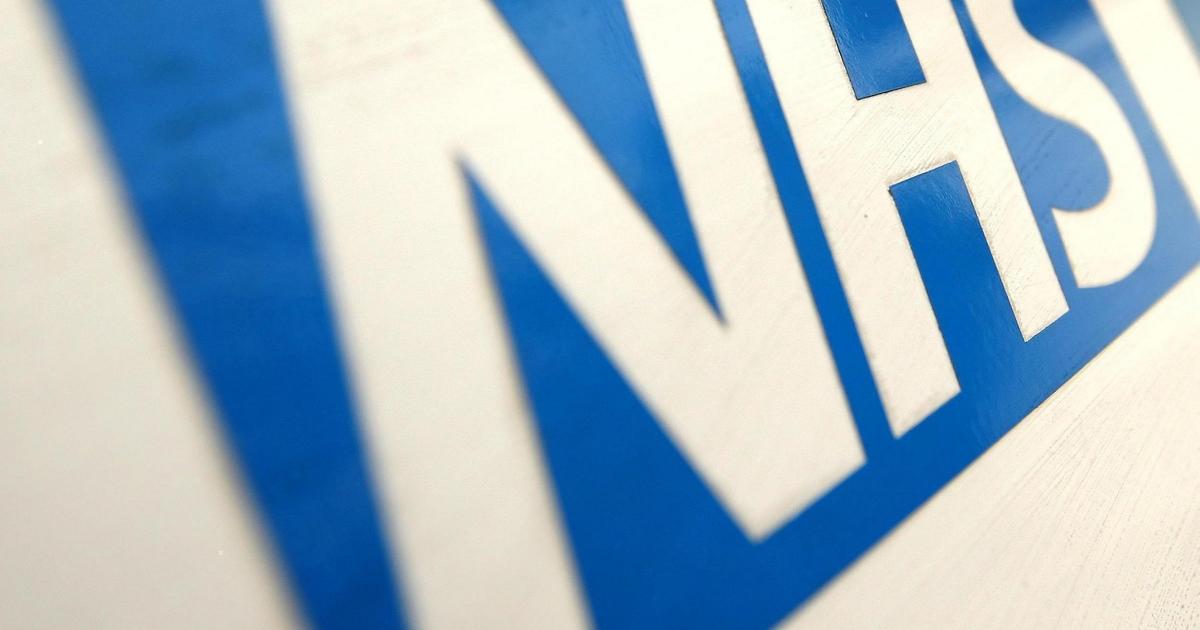Both conditions increase the risk of liver cancer.
The number of liver scanning trucks has almost doubled in the last two years, according to NHS England.
There are now 20 teams offering scans in communities every year compared with 11 when the pilot started.
Some 112,831 people have had a fibroscan of their liver, with 8,470 referred for further tests.
There are around 6,600 new cases of liver cancer every year in the UK, and they may not cause any symptoms.
The NHS scheme is targeting at-risk people, including those who drink a lot of alcohol, have a history of viral hepatitis, or those with non-alcoholic liver disease.
The trucks offer checks in a range of locations, such as GP practices, food banks, diabetes clinics, sexual health clinics and homeless shelters.
Some areas also station the vehicles at football matches and outside supermarkets.
Professor Peter Johnson, NHS national cancer director, said: “By reaching out into communities and making it easier for people to get checked, we will catch more cancers at an early stage, when the chances of successful treatment are much higher, and this can save lives.
“This programme has seen thousands more people referred for important further tests, allowing them to get vital treatment sooner alongside the support they need from the NHS to lead healthier lives.
“It’s a great example of the health service increasing its focus on prevention, as set out in the 10-year health plan.”
Pamela Healy, chief executive of the British Liver Trust, said: “We’re delighted to have worked closely with NHS England on this programme, which has successfully helped thousands of people access the care and support they need to protect their liver health and reduce their risk of liver cancer.
“Liver cancer often develops silently, and many people are only diagnosed at a stage when treatment options are limited.
“We know that the biggest risk factor is pre-existing cirrhosis, which is why detecting liver disease earlier is so vital.
“It’s crucial that these checks continue across communities to reach even more people at risk.”
